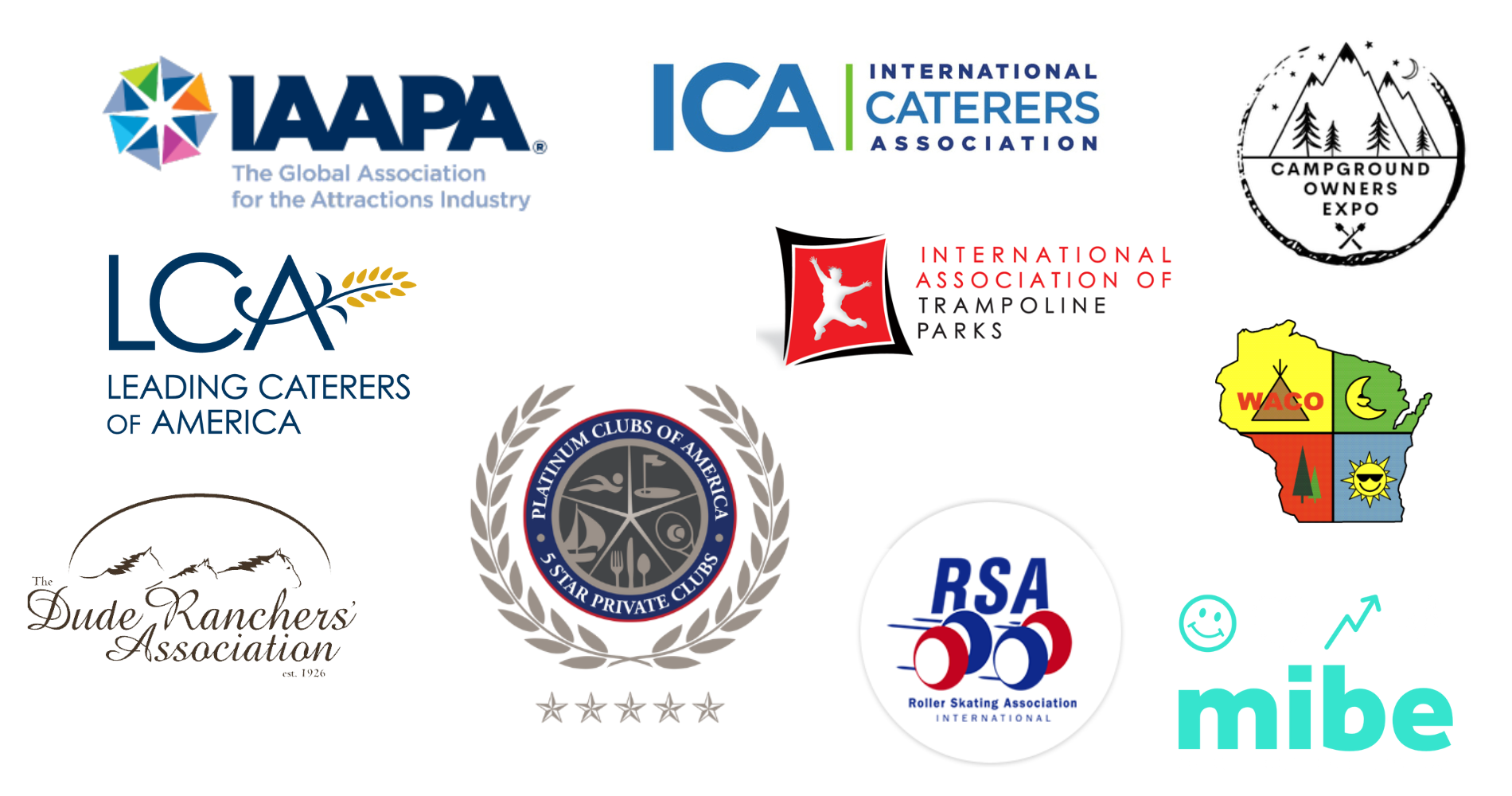Your Updated Timeline for Working with Clients on Postponed Events
/The event industry has been on hold for a couple months at this point and we’re hopefully getting closer to returning to business. Although it won’t be “normal” when compared to pre-pandemic times, we will have to be ready to adapt to the evolving landscape as it changes.
As we inch our way towards that point, it’s time to start considering the next steps for the backlog of spring events we’ve had to postpone to late summer, fall, winter, and possibly 2021.
Our catering experts shared some insight on how to approach the next days, weeks, and months when working with clients who have had to postpone.
Cover your bases
Before anything else, you want to make sure that you have your bases covered and that your business is protected. The first place to start: your contract.
“Make sure to revise your existing contract with updated information that is current to this situation,” urges Meryl Snow of Feastivities Events. “This is especially critical for prospects that are ready to book during this period, but you may also want to push out an updated addendum to your current clients.”
Snow continues: “Once your client selects a new date, you’ll also want to set up an additional date as a plan B in case things don’t go as planned. There’s so much uncertainty at this time, so we must do everything possible to have backups for everything we do.”
Be realistic
The truth is that this global health crisis is still evolving and we are still uncertain about how long this will have an effect on the industry. Although we can certainly start planning for recovery, we must still be realistic about the situation at hand.
“It’s nearly impossible to plan for what the future might look like,” shares Anthony Lambatos of Footers Catering. “I think caterers have to understand where their boundaries are and be flexible up to that point. You have to know how much you’re willing to accommodate as far as changes so you have a starting point to work backward from. If you don’t, you risk making decisions that jeopardize the business and it will become very difficult trying to manage everything on a case-by-case basis.”
Of course, as things develop and we start to see guidelines loosened, we’ll have to revisit our plans and adjust them to fit the new industry landscape.
Communicate effectively
For all of these clients who have likely invested thousands of dollars in an event that can’t take place, this period is understandably worrisome and stressful. As the event professionals, it’s up to us to keep our clients up-to-date with the latest news and what they can expect in the coming weeks. If you’re working on their next steps, keep them in the loop to assuage their fears and instill trust and faith in your working relationship.
“Be proactive in contacting your customers,” encourages Alan Berg of Wedding Business Solutions, LLC. “Don’t wait for them to come to you with what they want to do — be part of the solution. Otherwise, they may come up with ideas that don’t work well for you and then you have to change their minds, which is harder. Be confident and empathetic, letting them know that you’re doing this with many others and you will help them get through this and have an amazing event.”
Lambatos adds: “Be transparent about what can be determined now and what will have to wait. Many states are waiting on regulations from their local authorities, so it’s not worth trying to plan everything when you don’t know what the rules are going to be.”
It’s difficult to ensure our clients’ satisfaction when there’s so much that is still up in the air. Yet, we must still do our best to keep them abreast of the tentative timeline we’re working with and helping them navigate the financial and emotional toll of postponing their event. A little bit of positivity and hope goes a long way, so spread the love and stay optimistic as we see this through.



